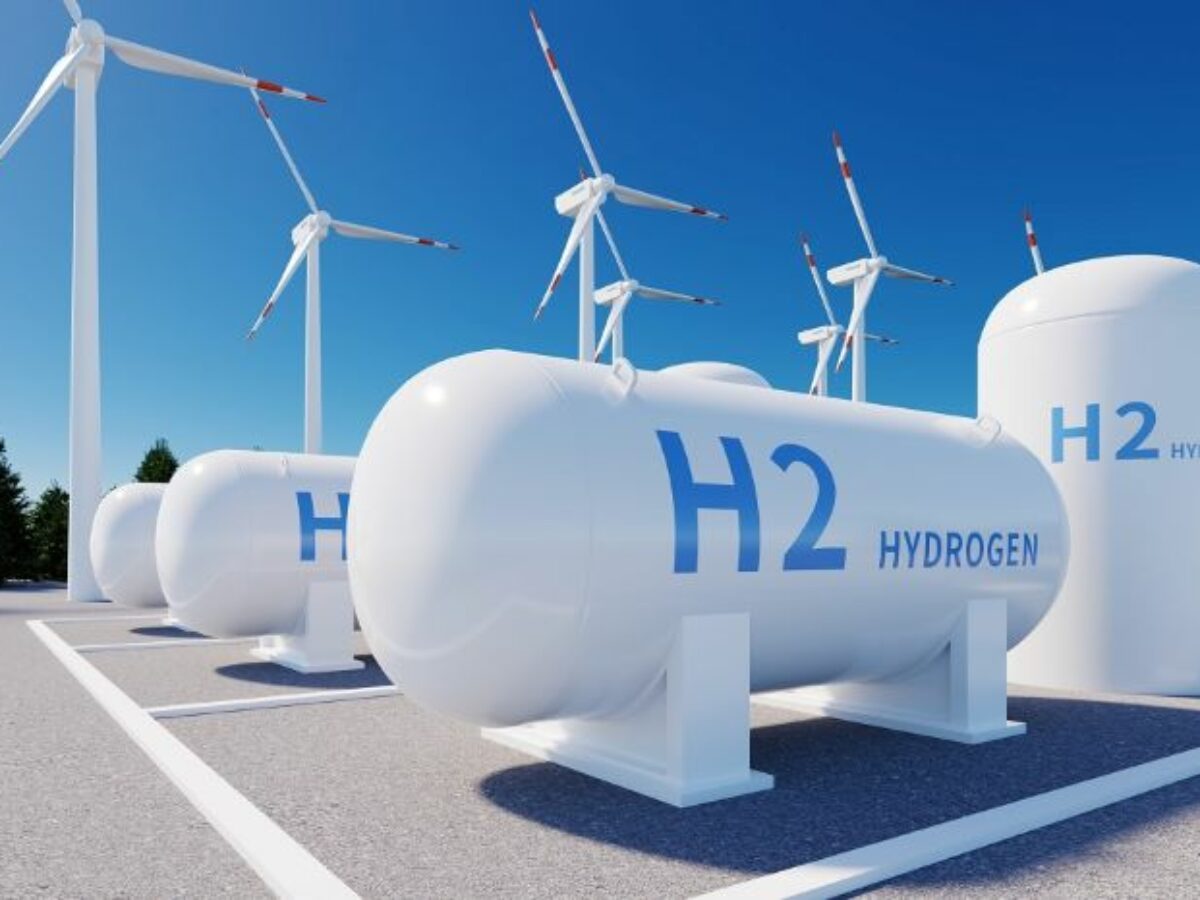Hydrogen production technologies new research linkup

A global centre for hydrogen research has been established involving three Australian universities in South and Western Australia.
The University of Adelaide, Flinders University, and Curtin University represent Australia in the international Global Hydrogen Production Technologies (HyPT) Centre, connecting research partners from the US, Canada, the UK, Egypt, and Germany.
The centre will focus on large-scale net-zero hydrogen production technologies – renewable energy-integrated water electrolysis, methane pyrolysis with valuable solid carbon co-products, and solar-driven water splitting.
The University of Adelaide is a partner with Sparc Technologies and Fortescue Future Industries commercialising a catalyst method for splitting water into hydrogen and oxygen without the need for energy-hungry electrolysis.
The University of Adelaide’s Professor Greg Metha, from the School of Physics, Chemistry and Earth Sciences will lead Australia’s researchers and said: “Large-scale hydrogen production with net-zero emissions of carbon dioxide is essential to meet the Paris Agreement’s climate targets and limit global warming to 2˚C.
“Net-zero hydrogen enables decarbonisation of many energy-intensive and hard-to-abate industries such as ammonia, steel, cement, aluminium, transportation, energy storage, among many others.
“However, net-zero hydrogen is currently several times more expensive than hydrogen produced from fossil fuels, which hinders its wide adoption.”
The HyPT Centre will establish an international partnership of 34 experts from 19 institutions in six countries to formulate a pathway to low-cost large-scale net-zero hydrogen production from a platform of complementary technologies.
University of Adelaide’s Professor Gus Nathan, Director of the Centre for Energy Technology will be one of the Australian experts involved in perfecting methane pyrolysis technology, which is one of the new Centre’s aims.
Professor Nathan said: “Methane pyrolysis technology produces hydrogen without any carbon emissions unlike conventional methods of hydrogen production.
“It is technology like this that we will work on with other leading experts with the ultimate goal of achieving low-cost and large-scale net-zero hydrogen production.”
Arizona State University (ASU) is the lead institution of HyPT which is being funded by the US National Science Federation (NSF), Australia’s Commonwealth Scientific and Industrial Research Organisation (CSIRO), the Natural Sciences and Engineering Research Council of Canada (NSERC) and the UK’s Engineering and Physical Sciences Research Council (EPSRC).
Further reading:
Sparc begins green hydrogen prototype testing
Image: supplied
@aumanufacturing Sections
Analysis and Commentary Awards casino reviews Defence Gambling Manufacturing News Online Casino Podcast Technology Videos





